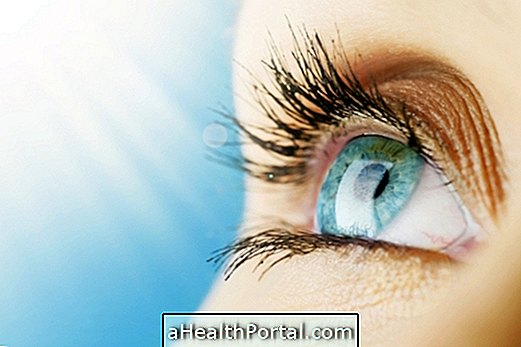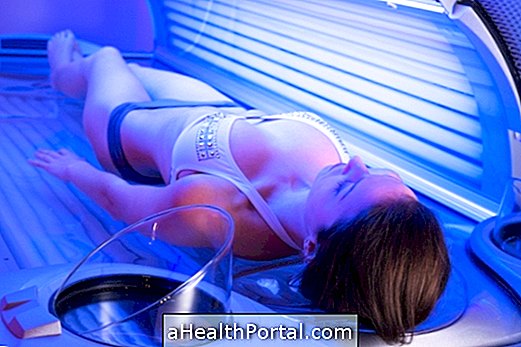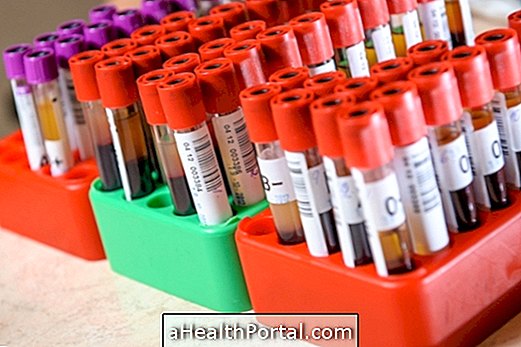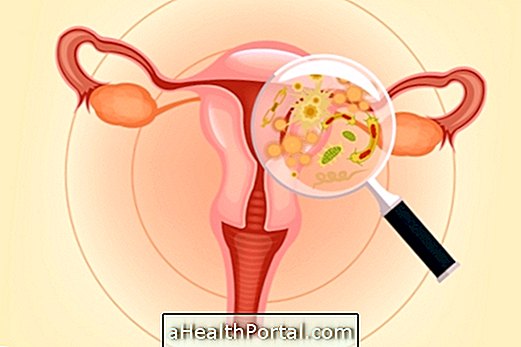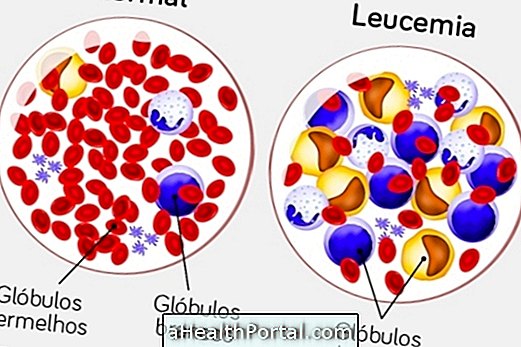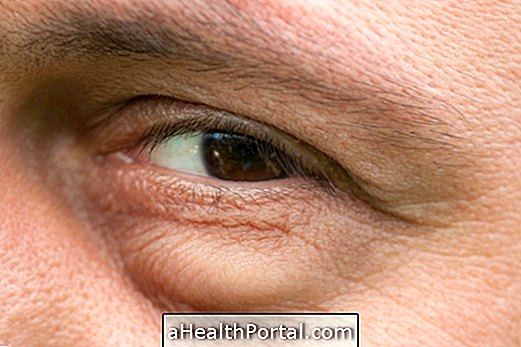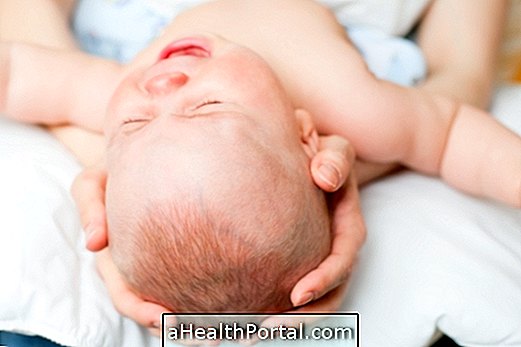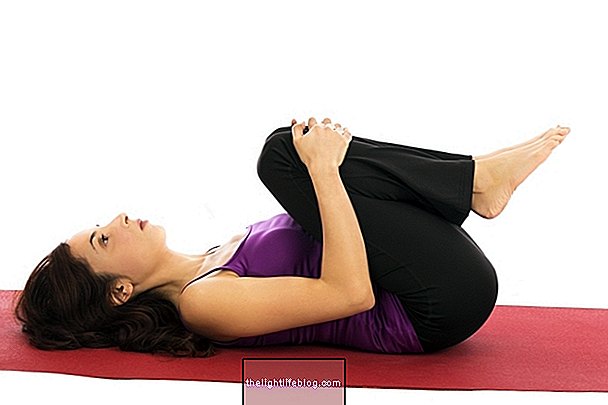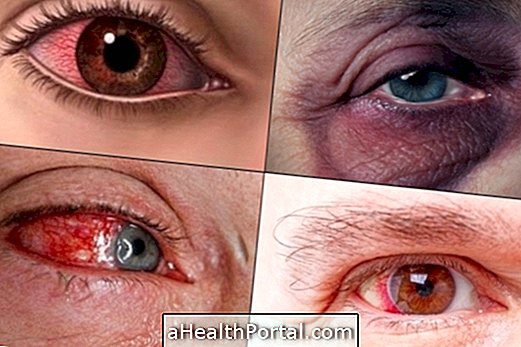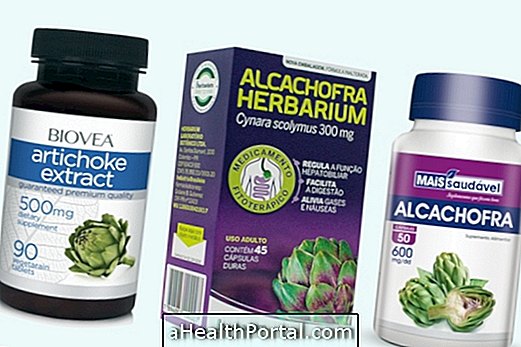After any plastic surgery, such as abdominoplasty, breast surgery, face or even liposuction, it is necessary to have some care with the posture, feeding and with the dressing to ensure good healing of the skin and thus guarantee the desired effect.
Some essential care are:
- Make light meals, broth-based, grilled and cooked and eating small amounts throughout the day to avoid nausea;
- Eat 2 servings of fruit a day, vegetable broth or yogurt with seeds to keep bowel functioning;
- Drink at least 1.5 L of water or tea to hydrate;
- Urinate at least 5 times a day ;
- Rest in a comfortable and adequate position according to the surgery;
- Change the bandage at the doctor's office on the date marked;
- Do not remove protective equipment such as a strap, bra or drain, for example, until your doctor's advice;
- Take the medicines indicated by the doctor, fulfilling the dose and the hours to avoid infection and pains;
- Avoid doing physical exercise in the first week, especially when there are stitches or staples;
- Consult your doctor before taking other than the recommended medicine to see if it does not impair recovery.
In some surgeries, it may be necessary to have lymphatic drainage sessions done to help recover faster. See other care to have before and after surgery by clicking here, remembering that each surgery has its specific care. Know some of the care to have in the case of Tummy Tuck.
Why Get Physical Therapy After Plastic Surgery
Dermatologic function physiotherapy is indicated especially after plastic surgery to ensure acceleration of the recovery process and prevention of complications.
It aims to reduce swelling, maintenance of movements, improvement of scars and prevention or reduction of cicatricial adhesions. In addition, it helps to reduce bruising, fibrosis, improves blood circulation and venous return, increases tissue oxygenation and decreases recovery time after plastic surgery.
Some of the resources used for this purpose are lymphatic drainage, ultrasound, electrostimulation, cryotherapy, massage and kinesiotherapy, however, the number of sessions will depend on the type of surgery and the evaluation in the immediate postoperative period.
Warning signs to return to the doctor
The patient should seek medical help if he is having difficulty breathing, has a dirty dressing, or if he still has the following symptoms:
- Fever;
- Dr that does not pass with the analgesics indicated by the doctor;
- Drain full of liquid;
- Feeling pain in the scar or smelling bad;
- The surgery site is hot, swollen, red, and sore.
In these cases it is important to consult the doctor, as it may be developing a scar infection, the antibiotic is not the most indicated, develop a pulmonary embolism or thrombosis, for example.
Taking precautions to avoid complications is essential, however there are always risks of doing a plastic surgery, such as bruising, infection or opening of stitches. Find out who is more likely to develop complications and what are the main risks of plastic surgery.
